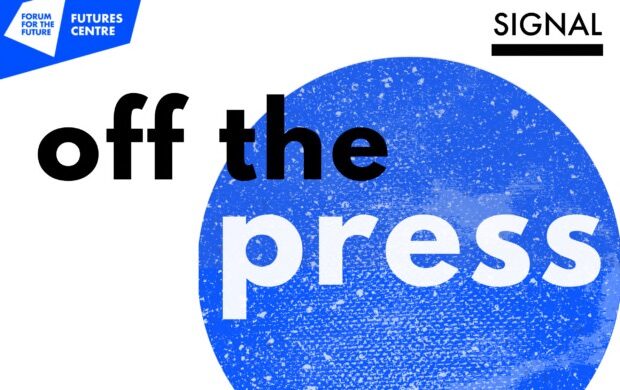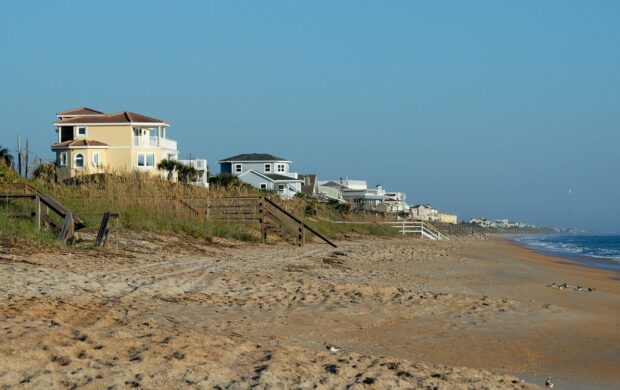In 2017, producer Calvin Harris released Funk Wav Bounces Vol 1, an album which drew attention partly for the sheer number of celebrity appearances (21!). Almost every song has at two or three guest features.
In 2005, Chris Anderson wrote a book called The Long Tail. In it, he argued that the internet would shift the focus of the pop music industry away from big hits, and towards the ‘long tail’ – artists with small followings. Because the internet means fans can have direct access to the music they love, there’ll be less emphasis on a few huge stars and more room for a broader field of artists operating in their own smaller niches.
That hasn’t happened: 13 years after Anderson’s book, a greater share of the profits in the music industry is going to a smaller number number of artists. Last year, 77% of the profits in the music business were accumulated by 1% of the artists.Even with access to a constantly expanding field of musicians, the big hits are bigger than ever. The situation is increasingly winner-take-all.
With so much at stake, producers and managers are stacking the odds in their favour with what Stereogum writer Chris DeVille describes as ‘pop posse cuts’ – three, four or five artists piling onto a single track like a superhero team-up.



















